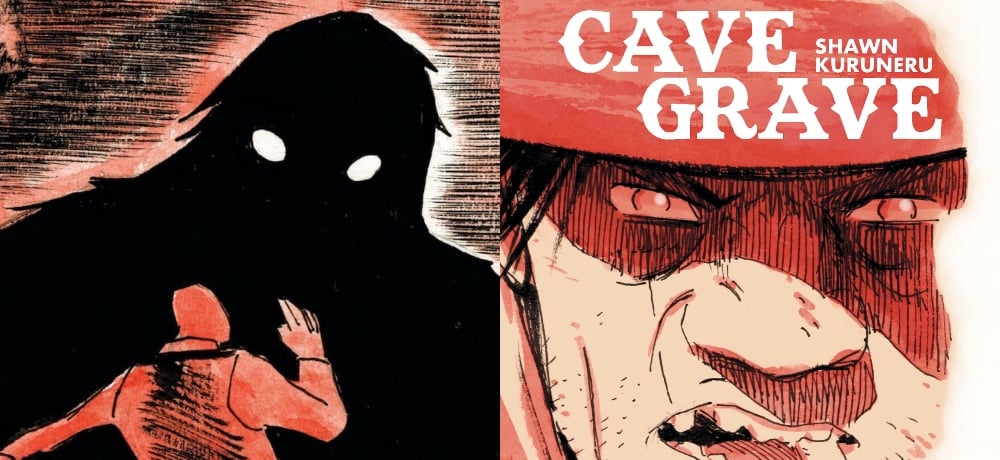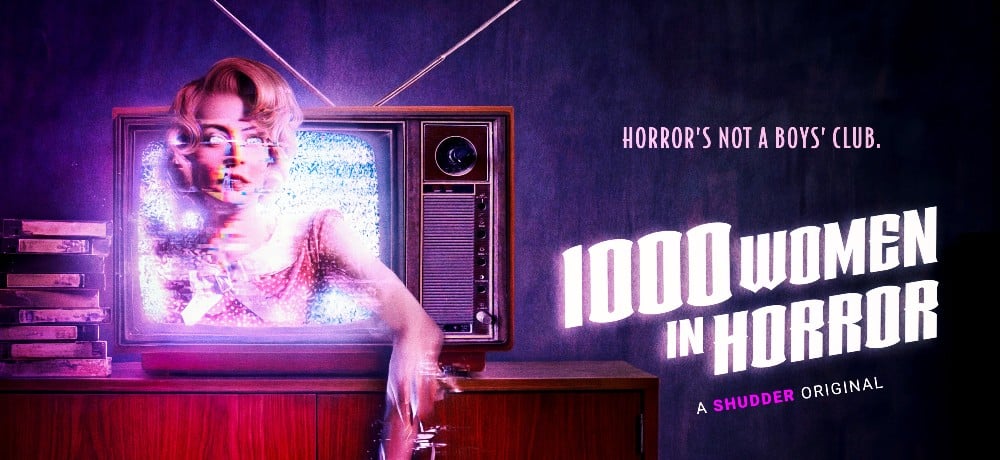





The grotesque appeal of carnivals, their inherent and attractive darkness, are long-established motifs of horror. Sideshow acts are full of the lurid and uncanny—humans whose appearances or movements aren’t “normal,” showcased behind heavy curtains or glass as objects of hideous wonder. Few can capture this fascination better than Ray Bradbury, who, along with Tod Browning and Diane Arbus, has solidified these images into our public consciousness. His fiction is shadowy, nebulous and exploitative, like these carnivals, and he evokes their qualities with the highest art.
Many of his plots center around an uncanny or supernatural force wreaking havoc in a mundane environment—an everyman who realizes his skeleton is trying to kill him, the arrival of a strange and deadly circus in Something Wicked This Way Comes, or a fantastic environment that is explored through recognizable, everyday emotions. The Martian Chronicles is otherworldly in setting, but its characters are preoccupied with grief, sex, and conquest—the setting hardly changes their flawed cores. Considering that he wrote in the first half of the 20th century, his influence on storytellers like Steven Spielberg and Stephen King is obvious, but his vision remains singular even amongst his imitators.
Bradbury's tales are strange and wondrous, and because of this combination, his horrors are rarely massive, often originating from a benign object, like a baby or a crowd of people on the street. (The former plots to kill its parents; the latter swarms around car accidents like cosmic ambulance chasers.) He upends our sense of normalcy, yet not in a malicious way. There is a sense of awe in what he does, and sometimes even optimism. Enthusiasm and empathy seep from the seams of Bradbury’s tales. One can sense how much he loves the fantastic, and his adoration comes through in the vivid quality of his worlds. He precedes artists like Guillermo del
Toro in the way he uses this fascination and admiration to create incredible, fully-fleshed creatures of his own. This is on display most heartwarmingly in his tale of a child vampire who is afraid of the dark, and is therefore unable to relate to his family. All his creations, especially the monsters, are passionate about something.
There is a boyishness to Bradbury's work , and even when his stories get dark, they do so with a healthy dose of pathos. His episodes for The Twilight Zone are some of the best of the series, and could easily be translated into forgettable pulpy comics if one removed the humanity in them. "Nightmare at 20,000 Feet" would not be nearly as frightening if the protagonist didn’t have an airplane phobia that throws his sanity into question. My favorite story in The Martian Chronicles follows a conquering party of humans who land on a planet only to discover a village seemingly populated by their lost loved ones, who are really shapeshifting aliens with abilities that allow them to manipulate and destroy the bereaved humans. Even his most outlandish scenarios are tied to emotions that people have encountered in reality and dread finding again.
Of course, this emotional care does not mean that Bradbury’s stories end happily or easily. Most of his conclusions are ambivalent at best. His characters are lost in the funhouse mirror maze, and some are frightened to death when they encounter their warped reflections. He seems to suggest that entering the realm of the fantastic is disastrous for most people if they have been wrapped in the illusion of reality for too long. Yet, simultaneously, he also suggests that the fantastic is around us at all times—a force that we have to face. Perhaps the reflection is not as distorted as we thought.
Ambiguity is key to Bradbury’s genius, though. A sideshow is nothing without mystery . Once the pulleys and levers are revealed, the intrigue vanishes, and often, the fear does as well. Bradbury keeps his terrors in murky formaldehyde; they lurk at the edge of the subconscious, standing in for more awfully tangible anxieties, as the titular object does in “The Jar.” The fascination lingers for us, along with the dread, but Bradbury allows us the comfort of distortion—our images are still funhouse-warped. He provides us with terror and wonder, giving us an escape from the reality that fuels his tales. It is the reason we go to the carnivals, and the reason his stories contain such power. The desire to look into the dark never leaves us.